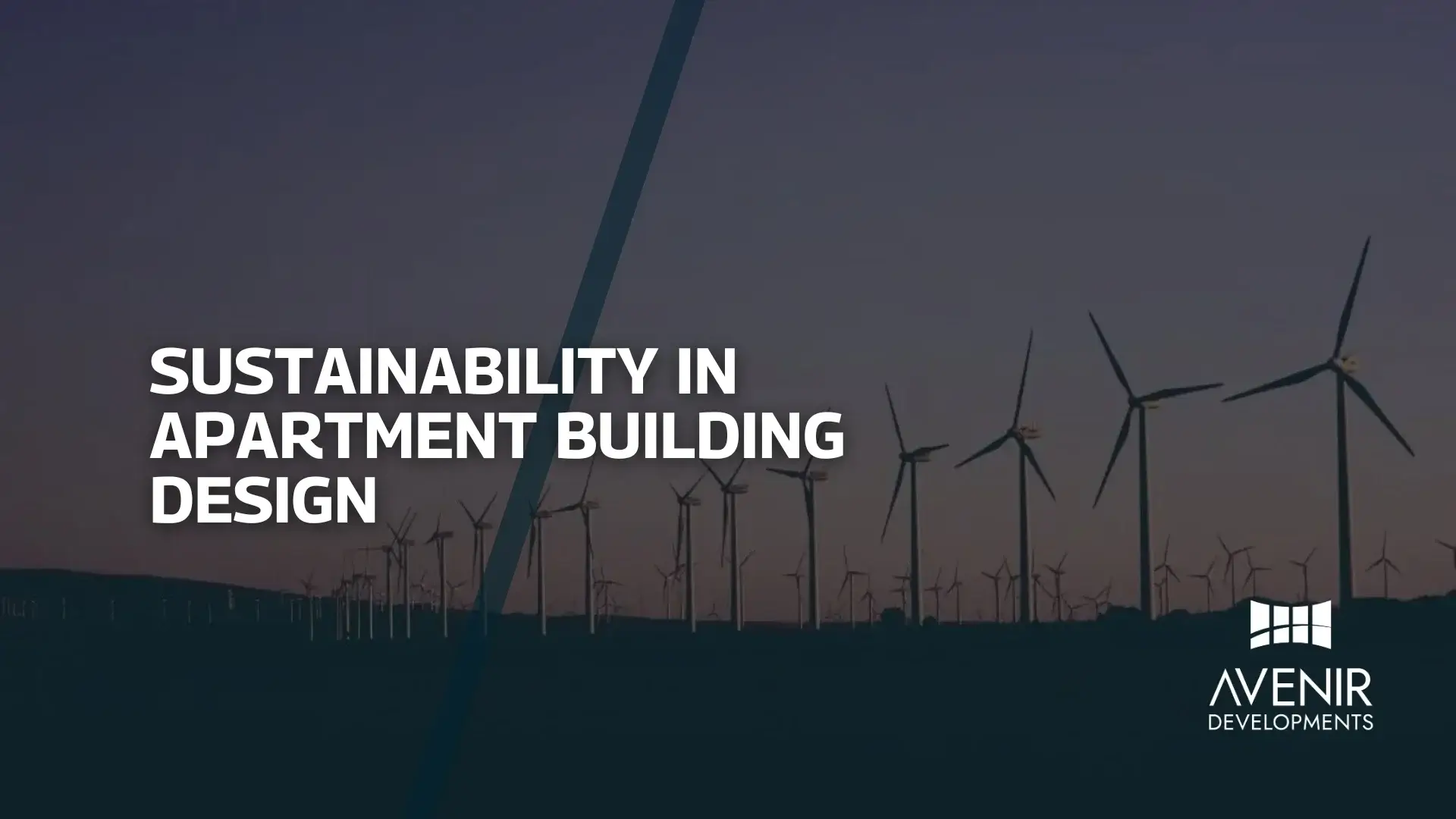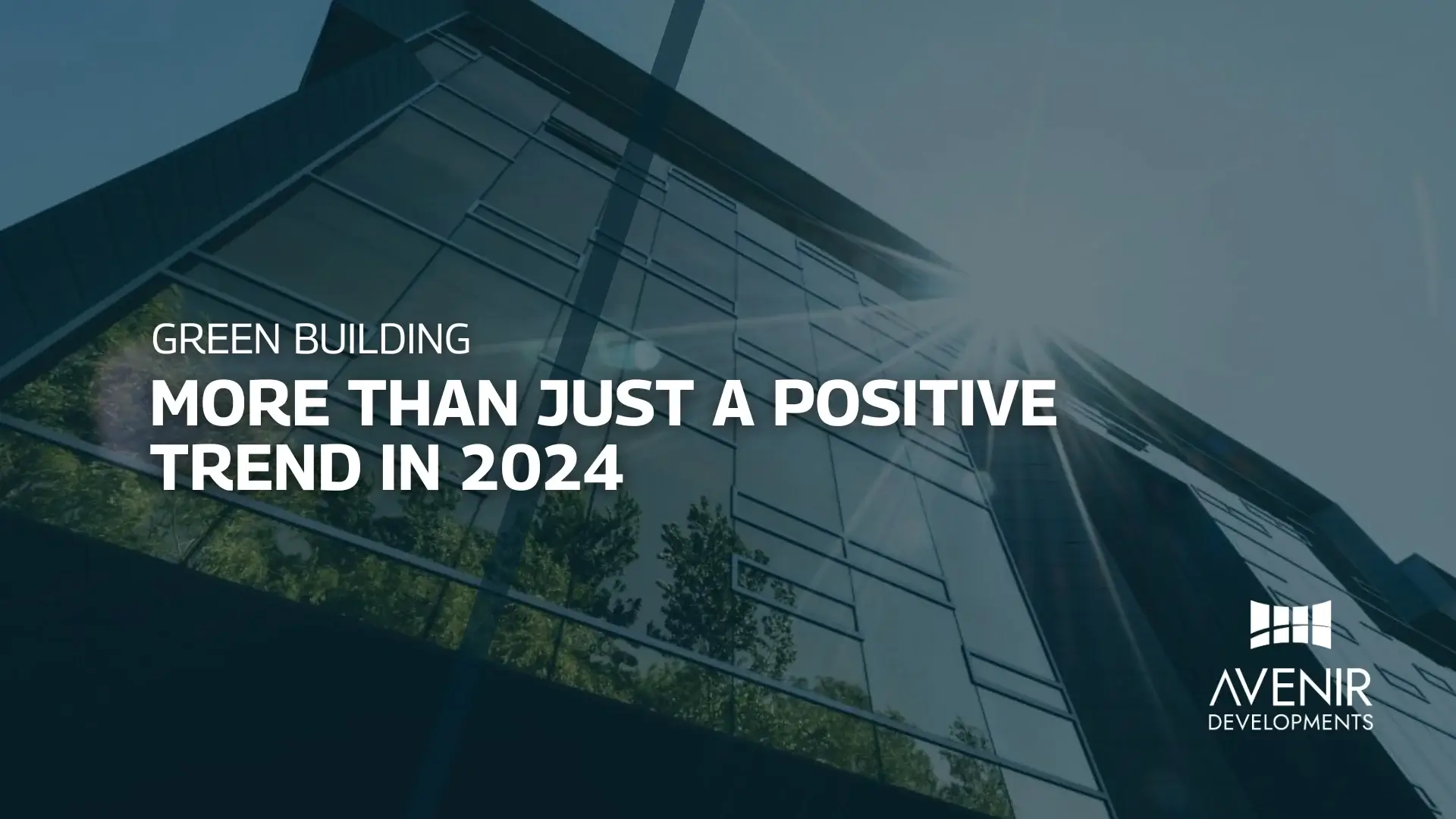Interior Design, Architecture, Residential, Residential Apartments, AI and the Future of Architecture
Introduction
The convergence of artificial intelligence (AI) and architecture is revolutionizing the way buildings are designed, constructed, and operated. As AI continues to advance at a rapid pace, it is reshaping the future of architecture by enabling architects to create innovative, sustainable, and efficient structures. In this article, we will explore the exciting possibilities that AI brings to the field of architecture and how it is transforming the way we approach the built environment.
The Role of AI in Architectural Design
Enhancing Design Creativity with AI
In the realm of architectural design, AI is serving as a powerful tool to augment human creativity. With advanced algorithms and machine learning capabilities, AI can analyze vast amounts of data, generate design options, and provide valuable insights to architects. By automating repetitive tasks and offering intelligent design suggestions, AI allows architects to focus more on the creative aspects of their work.
Utilizing Generative Design in Architecture
Generative design, a subset of AI, is making significant strides in architectural innovation. By leveraging algorithms and computational power, generative design enables architects to explore numerous design alternatives quickly. It generates optimized solutions based on specific parameters such as space utilization, structural integrity, and energy efficiency. Architects can then evaluate these options and make informed decisions that align with their vision and project requirements.
Optimizing Energy Efficiency and Sustainability
Sustainable architecture has become a paramount concern in the face of climate change. AI plays a pivotal role in optimizing energy efficiency and sustainability in architectural design. Through data analysis and simulations, AI algorithms can assess building performance, predict energy consumption, and propose design modifications to minimize environmental impact. This integration of AI and architecture promotes the creation of eco-friendly structures that reduce energy consumption and carbon footprint.
Improving Building Performance with AI Sensors
In the construction and operation phase of buildings, AI-powered sensors offer invaluable insights to enhance performance and occupant comfort. These sensors can monitor environmental conditions, such as temperature, humidity, and air quality, in real-time. AI algorithms analyze the sensor data to identify patterns and anomalies, enabling predictive maintenance and optimizing building operations. By continuously adapting to changing conditions, AI ensures optimal comfort levels while reducing energy waste.
AI Advancements in Construction and Project Management
Automating Construction Processes with Robotics
The integration of AI and robotics is transforming the construction industry. Robots equipped with AI algorithms can perform repetitive tasks with precision and efficiency, reducing human error and enhancing productivity. From bricklaying to site inspection, these intelligent machines accelerate construction timelines and improve overall project delivery. With the assistance of AI-powered robots, architects and construction teams can bring their designs to life swiftly and accurately.
AI-Enabled Project Management and Risk Assessment
Efficient project management is crucial for the successful execution of architectural projects. AI facilitates streamlined project management by automating administrative tasks, tracking progress, and identifying potential risks. By analyzing historical data and project parameters, AI algorithms can predict project outcomes, helping architects and project managers make informed decisions. AI also enables real-time collaboration, ensuring seamless communication and coordination among project stakeholders.
Enhancing Safety through AI-Powered Monitoring Systems
Safety is paramount in the construction industry, and AI-powered monitoring systems play a vital role in ensuring a secure work environment. AI algorithms can analyze video feeds from construction sites to detect potential safety hazards and identify non-compliance with safety regulations. This proactive approach minimizes the risk of accidents and enhances overall construction site safety. AI-driven monitoring systems offer architects and construction teams peace of mind while working on complex projects.
FAQs about AI and the Future of Architecture
FAQ 1: How does AI impact architectural creativity?
AI complements architectural creativity by automating mundane tasks and providing design suggestions. By freeing up architects’ time, AI allows them to focus on pushing the boundaries of design and exploring innovative solutions.
FAQ 2: Can AI really optimize energy efficiency in buildings?
Yes, AI can optimize energy efficiency in buildings by analyzing data, conducting simulations, and proposing design modifications. It helps architects make informed decisions that reduce energy consumption and promote sustainability.
FAQ 3: Will AI replace architects in the future?
No, AI will not replace architects. Instead, it will empower them by automating repetitive tasks and providing valuable insights. Architects will continue to play a central role in the creative and conceptual aspects of architectural design.
FAQ 4: How does AI improve construction efficiency?
AI improves construction efficiency by automating tasks, enhancing project management, and utilizing robotics. It accelerates construction timelines, reduces errors, and optimizes resource allocation.
FAQ 5: Can AI improve safety on construction sites?
Yes, AI can improve safety on construction sites by analyzing video feeds and detecting potential safety hazards. It enables proactive monitoring and helps prevent accidents.
FAQ 6: What are the challenges in adopting AI in architecture?
One of the main challenges in adopting AI in architecture is the need for extensive data collection and analysis. Additionally, integrating AI into existing workflows and ensuring data security are important considerations.
Conclusion
The future of architecture is being shaped by the remarkable advancements in artificial intelligence. From design creativity to construction efficiency and sustainability, AI offers architects unprecedented tools and insights. By leveraging AI’s capabilities, architects can create buildings that are not only visually stunning but also environmentally conscious and technologically advanced. Embracing AI in architecture will enable us to build a future where our cities are smarter, more sustainable, and designed to meet the evolving needs of humanity.





